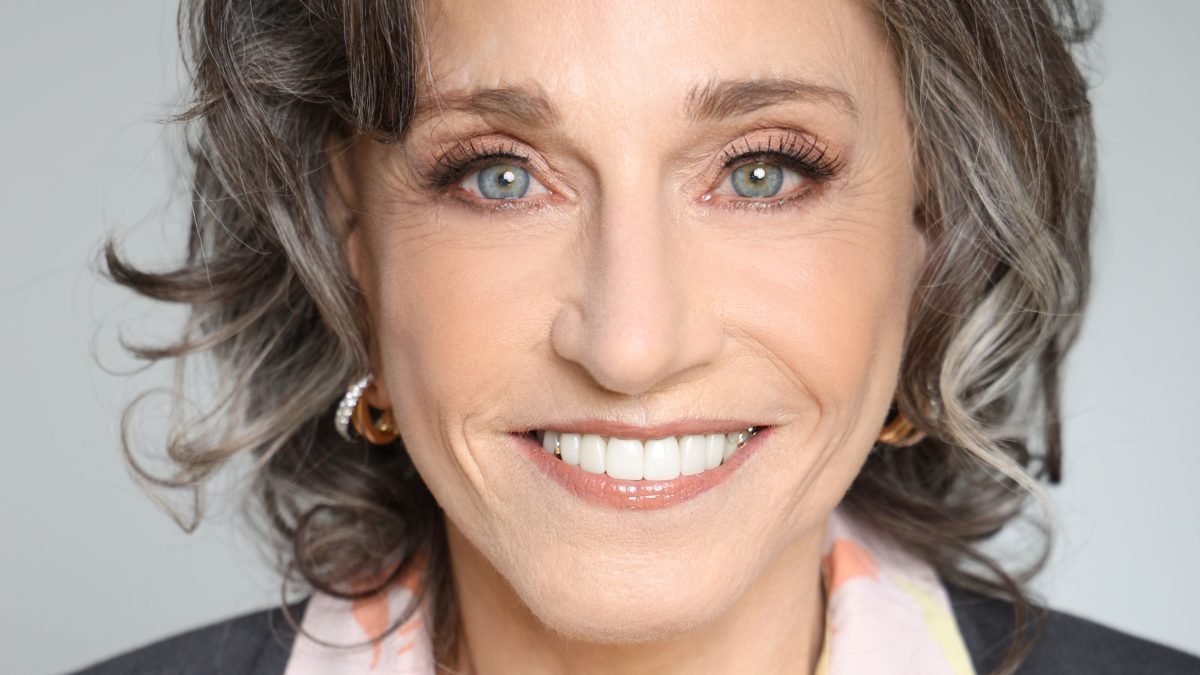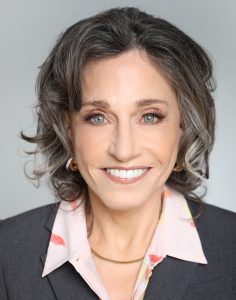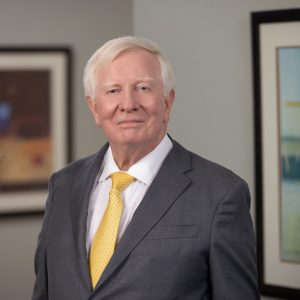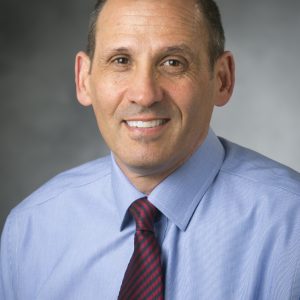Executive Leadership Series: Scientist and Serial Entrepreneur Pursues Novel Alzheimer’s Treatment

Maria L. Maccecchini Ph.D., President and CEO
Annovis Bio
In the past 20 years, researchers have made little headway in developing an effective treatment for Alzheimer’s Disease. Dr. Maria L. Maccecchini believes she is poised to change that.
A scientist, serial entrepreneur and angel investor, Dr. Maccecchini founded Annovis Bio in 2008 to develop therapeutics for Alzheimer’s, Parkinson’s and other neurodegenerative diseases. The company, based in Berwyn, Pa., is developing a compound called buntanetap, which inhibits the production of the major neurotoxic proteins responsible for Alzheimer’s and Parkinson’s.
Dr. Maccecchini talks with Ashton Tweed about her early work curating cockroaches, why she became an angel investor and what’s next for buntanetap.
Ashton Tweed: You’ve had a long career in various aspects of the biopharmaceutical industry. When did you become interested in science?
Dr. Maria L. Maccecchini: I was between four and five years of age. I collected spiders, frogs, worms—I collected everything that crawled—then they disappeared. I figured out that my mom was telling my dad to flush them down the toilet (she laughs). So, in rebellion, I started growing mold. If you want to do a very simple experiment, buy five different types of bread, wet them, and just let them sit there. You will see that some bread makes red mold, some bread makes green mold, some make white mold. But guess what? That got flushed down the toilet also.
AT: You were able to use your affinity for things that crawl when you worked at Mallinckrodt.
MM: Yes, I was an assistant in the insect department where I curated cockroaches and termites, a job that paid really well. Nobody wanted to do the job and the few people that did became allergic to them. I wasn’t allergic. This was nearly 50 years ago and I made easily $3 to $4 an hour, which in those days was unheard of.
AT: Why was that job necessary?
MM: In order for researchers to study the reproduction of these animals, they have to be timed by when they were getting from one stage to the other. Every time insects grow, they shed their exoskeleton for a bigger skeleton, just like snakes—they shed their skin for a larger skin. I had to categorize them by how old they were when they changed their skeletons so that when researchers wanted to do experiments with them, they always had the insects’ exact age.
The researchers wanted to understand insect reproduction for biological insect control. Now people know exactly how insects reproduce and how to keep them from becoming adults and reproducing. I was just responsible for having them in the right box at the right time.
AT: You’re a serial entrepreneur. What led to founding your first company, Symphony Pharmaceuticals?
MM: It’s pretty simple. I went to Big Pharma and I figured I was never going to go anywhere because there’s too much politics. Then, I went to Small Pharma and thought, “I can do this better.” And that’s why I started the company.
AT: What kind of research did Symphony focus on?
MM: How to protect nerve cells from dying during a stroke. As you probably know, there’s still nothing that protects nerve cells in a stroke. So, we reshuffled the business and became a genomics company.
AT: After you sold Symphony to Transgenomic in 2001, your career took a very different turn. What happened?
MM: When I sold Symphony, I decided that since I had worked all my life, I was going to retire. I traveled for three years; I didn’t do much else. Then I started thinking that my brain was turning to mush because when you travel, you learn three words in every language: “eat,” “sleep” and “bathroom” (she laughs). I was getting bored. So I became an angel investor.
AT: That seems like a big departure from your previous work.
MM: I did it because I had the money and, with an angel group, I still had one foot in science. Being an angel investor gave me access to a lot of technologies. It brought me back from three years of “eat,” “sleep” and “bathroom.” However, as an angel investor, you have a lot of input in the very beginning. But the minute the company grows, it is financed by larger investors and you lose access to the company, because the bigger investors kick you out. They have more money and they want more control.
AT: So what led to you founding Annovis Bio?
MM: I started going to neuroscience meetings because I really like the brain. I did that for three or four years and found Alzheimer’s research very interesting.
AT: How does your lead drug, buntanetap, target Alzheimer’s?
MM: Buntanetap restores the health of the brain by targeting multiple neurotoxic brain proteins: A-beta, tau, alpha-synuclein and TDP-43. Big Pharma only targets one bad protein in the brain—mostly A-beta, which is plaque. Since there are four bad proteins in the brain, I say that only targeting one still leaves the others so the treatment is inadequate. We have seen that lowering the levels of all these proteins fully restores the affected function in animals, and interestingly enough, we now see it in humans.
AT: In what stage of development is buntanetap?
MM: We’re enrolling patients in Phase III for Alzheimer’s and also for Parkinson’s. We’re not relying on a small group—we have 450 patients in one study.
AT: What has been your biggest challenge with Annovis so far?
MM: Credibility. People don’t believe the drug works. But buntanetap works like a charm. Once we obtain data in Phase III, no one will be able to doubt buntanetap anymore.
Dr. Maccecchini is the president, CEO and founder of Annovis Bio. Previously, she served as CEO of Symphony Pharmaceuticals; General Manager of Bachem Bioscience, the U.S. subsidiary of Bachem AG, Switzerland; and Head of Molecular Biology at Mallinckrodt Pharmaceuticals. Dr. Maccecchini was also a partner and director of two angel investor groups, Robin Hood Ventures and MidAtlantic Angel Group.
The Swiss-born Dr. Maccecchini speaks four languages: English, German, Italian and French. She earned a Ph.D. in biochemistry at the University of Basel, followed by a visiting fellowship at The Rockefeller University. Dr. Maccecchini additionally completed post-doctorate fellowships at the California Institute of Technology and the Roche Institute of Immunology. She enjoys hiking and traveling.





